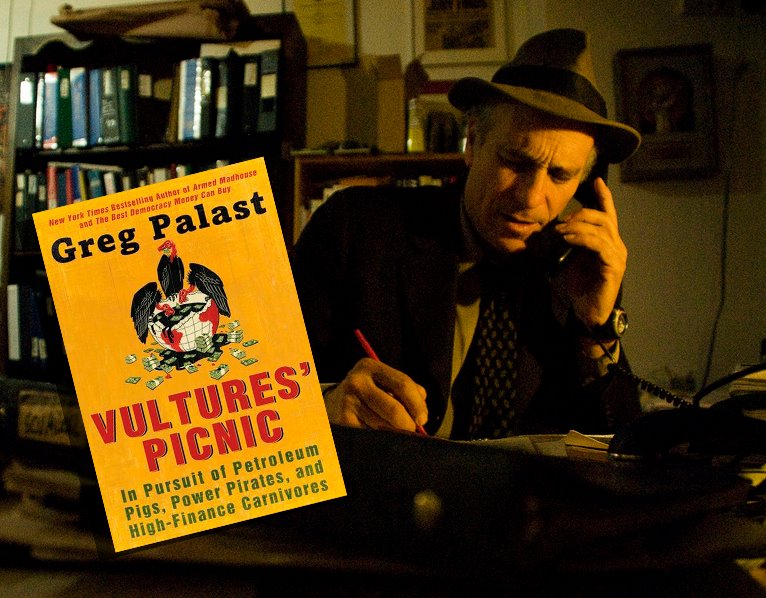
A voting line in Florida, November 2012.
Normally I wouldn't care what the Times is passing off as fact, except for that, on February the 27th, the US Supreme Court will hear arguments about whether to gut the Voting Rights Act of 1965.
The Voting Rights Act was the law that Martin Luther King Jr had a dream about a half-century ago: that all citizens will be able to exercise their right to vote. But, like all pleasant dreams, morning means waking up to the ugly reality sleeping next to you.
The pug-uglies in this case are the four Supreme Court justices hostile to the Act. If one more joins them, you can kiss Martin's dream goodbye.
The dream-busters are led by Chief Justice John Roberts. In 2009, he wrote, "The historic accomplishments of the Voting Rights Act are undeniable." But -- and Roberts' "but" is huge -- the Act is out of date and "fails to account for current political conditions."

According to Roberts, "Jim Crow laws" -- the apartheid rules used in the Deep South to keep African-Americans from the polls -- have long passed away.
It's true, black folks now fare better in Dixie. Why, just last week, Mississippi ratified the 13th Amendment to the Constitution, abolishing slavery 147 years after Lincoln signed the Emancipation Proclamation (I kid you not).
So, Roberts is ready to dump the key enforcement provision of the Voting Rights Act -- the "pre-clearance" requirement.
Sixteen states must "clear" any changes in voting procedures with the US Department of Justice. That's to make sure there's no racial funny business -- that new rules aren't clever tactics meant to remove black, brown, Native American, Catholic, Mormon or other minority voters.
In the current case before the Court, some rebel states are hollering that they were unfairly singled out for this special scrutiny.
However, it was arithmetic in the law, not the Civil War, that put Mississippi on the list. Before the Act, only seven percent of its black citizens were registered to vote, below the law's 50 percent line.
In November, at least a few Americans got quite upset to see television coverage from Florida of long lines of black folk waiting four or five hours to vote for the President. So is Jim Crow really dead and gone in Dixie?
That's the weighty question addressed by the prestigious Pew Charitable Trust.
Why pick on Dixie? After all, despite what we saw with our own eyes, Pew shows that there's only a 23-minute wait to vote in Florida -- less time than it takes to cast a vote in Indiana. Overall, Florida ranks near the best in Pew's "Elections Performance Index." Let's give a medal to Florida's former Secretary of State, Katherine Harris!

Heather K Gerken.
(Note: You can view every article as one long page if you sign up as an Advocate Member, or higher).





